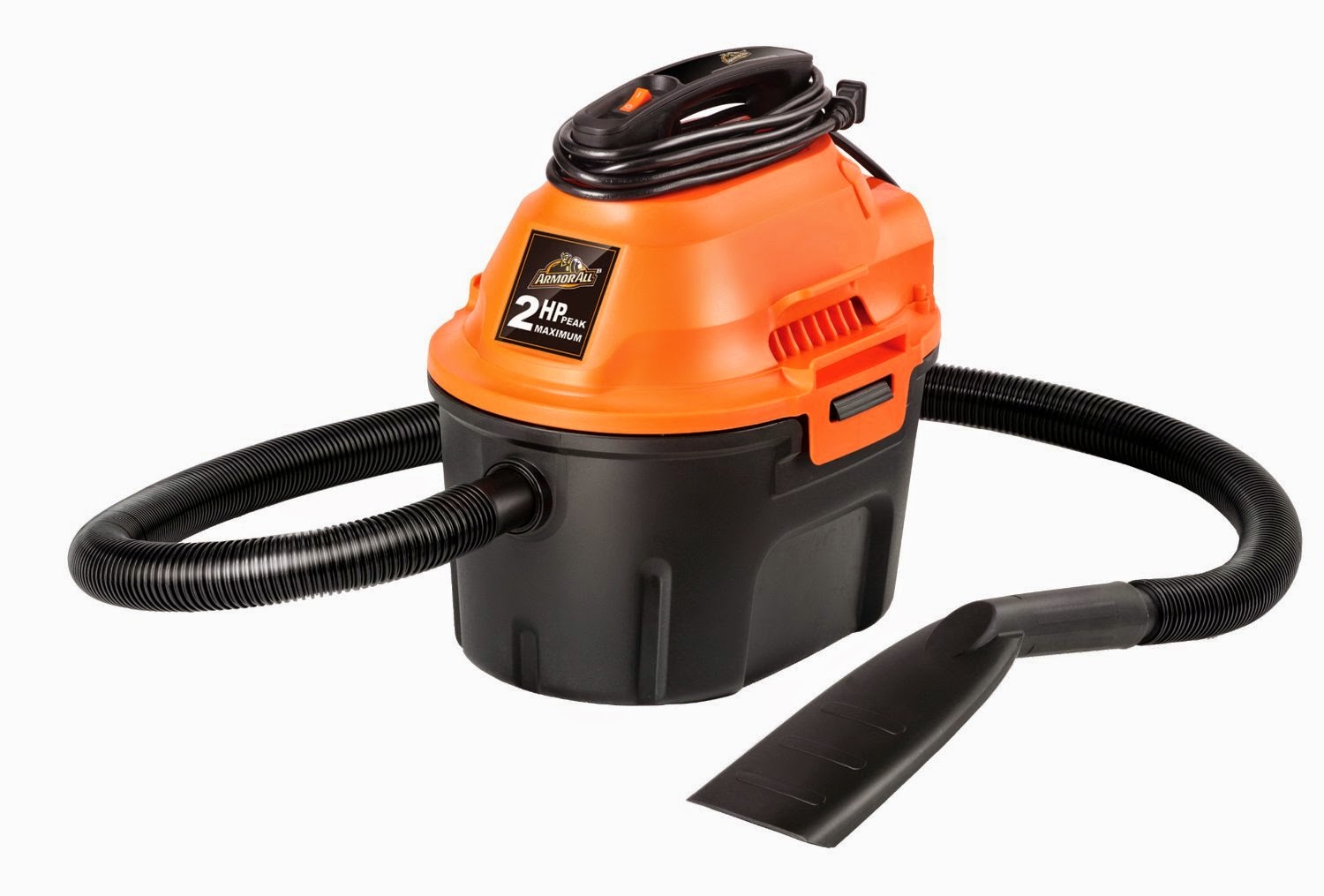The Ultimate Guide To Water Vacuum: A Comprehensive Overview
Are you tired of traditional vacuum cleaners that leave behind dirt and allergens? If so, the water vacuum may be the revolutionary cleaning solution you've been searching for. Water vacuum cleaners, also known as water filtration vacuums, utilize water as a filtration system, effectively trapping dust, dirt, and allergens while purifying the air. In this extensive guide, we will delve into the world of water vacuums, exploring their benefits, how they work, and why they may be the perfect addition to your cleaning arsenal.
In recent years, the popularity of water vacuums has surged due to their eco-friendly nature and superior cleaning capabilities. Unlike traditional vacuums that rely on disposable bags or filters, water vacuums harness the power of water to capture debris, resulting in cleaner air and a healthier home environment. Throughout this article, we will cover everything you need to know about water vacuums, from their functionality to maintenance tips, ensuring you have a well-rounded understanding of this innovative cleaning technology.
Whether you're a cleaning enthusiast or simply seeking a more efficient way to maintain your living space, this guide will equip you with the knowledge to make an informed decision about water vacuums. So, let's dive in and explore the fascinating world of water vacuum cleaners!
Table of Contents
- What is a Water Vacuum?
- How Do Water Vacuums Work?
- Benefits of Using Water Vacuums
- Types of Water Vacuums
- Water Vacuum vs Traditional Vacuum
- Choosing the Right Water Vacuum
- Maintenance and Care for Water Vacuums
- Conclusion
What is a Water Vacuum?
A water vacuum is a type of cleaning device that uses water as a filtration medium to capture dust, dirt, and allergens. Unlike conventional vacuums that use bags or filters, water vacuums create a cyclonic action that draws in debris and traps it in the water container. This innovative design ensures that particles remain suspended in water, preventing them from being released back into the air.
How Do Water Vacuums Work?
Water vacuums operate through a simple yet effective mechanism:
- Intake System: The vacuum sucks in air and debris through a hose or nozzle.
- Cyclonic Action: As the air enters the water container, it creates a cyclone effect that separates larger particles from the air.
- Filtration: The dust and dirt are trapped in the water, while clean air is expelled back into the environment.
Many models also feature additional filtration systems, such as HEPA filters, to further enhance air quality.
Benefits of Using Water Vacuums
Water vacuums offer several advantages over traditional vacuum cleaners:
- Improved Air Quality: Water vacuums trap allergens and pollutants, reducing the risk of respiratory issues.
- Eco-Friendly: They eliminate the need for disposable bags and filters, making them a more sustainable choice.
- Effective Cleaning: The water filtration system captures even the smallest particles, providing a deep clean.
- Multi-Functionality: Many water vacuums can be used for wet and dry cleaning, making them versatile for various surfaces.
Types of Water Vacuums
There are several types of water vacuums available on the market:
1. Canister Water Vacuum
This type features a separate water container and motor unit, providing portability and ease of use.
2. Upright Water Vacuum
Upright models combine the water filtration system with a traditional vacuum design, making them easy to maneuver around the home.
3. Wet/Dry Water Vacuum
These versatile vacuums can handle both wet and dry messes, making them ideal for workshops and garages.
Water Vacuum vs Traditional Vacuum
When comparing water vacuums to traditional vacuums, several key differences emerge:
- Filtration System: Water vacuums use water for filtration, whereas traditional vacuums rely on bags and filters.
- Air Quality: Water vacuums are generally more effective at trapping allergens, leading to improved indoor air quality.
- Maintenance: While water vacuums require regular emptying and cleaning of the water container, traditional vacuums need filter replacements and bag changes.
Choosing the Right Water Vacuum
When selecting a water vacuum, consider the following factors:
- Size and Weight: Choose a model that suits your home's layout and is easy for you to handle.
- Filtration System: Look for models with HEPA filters for enhanced air quality.
- Capacity: Consider the water container's size and how often you'll need to empty it.
- Attachments: Check for additional attachments that can enhance cleaning versatility.
Maintenance and Care for Water Vacuums
To ensure your water vacuum operates efficiently, follow these maintenance tips:
- Empty the Water Container: Regularly empty and rinse the water container to prevent odors and bacteria growth.
- Clean Filters: If your model has additional filters, clean or replace them as recommended by the manufacturer.
- Inspect Hoses: Check hoses for blockages and clean them as needed to maintain suction power.
Conclusion
In summary, water vacuums present a revolutionary cleaning solution that offers numerous benefits, including improved air quality and eco-friendliness. With their unique filtration system, they effectively capture dust, allergens, and pollutants, making them a valuable addition to your cleaning routine. If you're considering upgrading your cleaning device, a water vacuum could be the ideal choice.
Feel free to share your thoughts or experiences with water vacuums in the comments below, and don't forget to check out our other articles for more insightful information on home cleaning solutions!
Sources:
- National Institute of Health - Air Quality and Allergens
- Environmental Protection Agency - Information on Household Cleaners
- Consumer Reports - Vacuum Cleaner Reviews
Article Recommendations
- Are Keri Russell And Kurt Russell Related
- Marvin Agustin
- Ihad Kroeger Married
- Keri Russell And Kurt Russell Related
- How To Hide Orders On Amazon App
- Marvin Agustin
- Charlotte Simpson
- Mikaela Hoover
- Philippa Northeast Partner
- David Muir Marriage Pics


